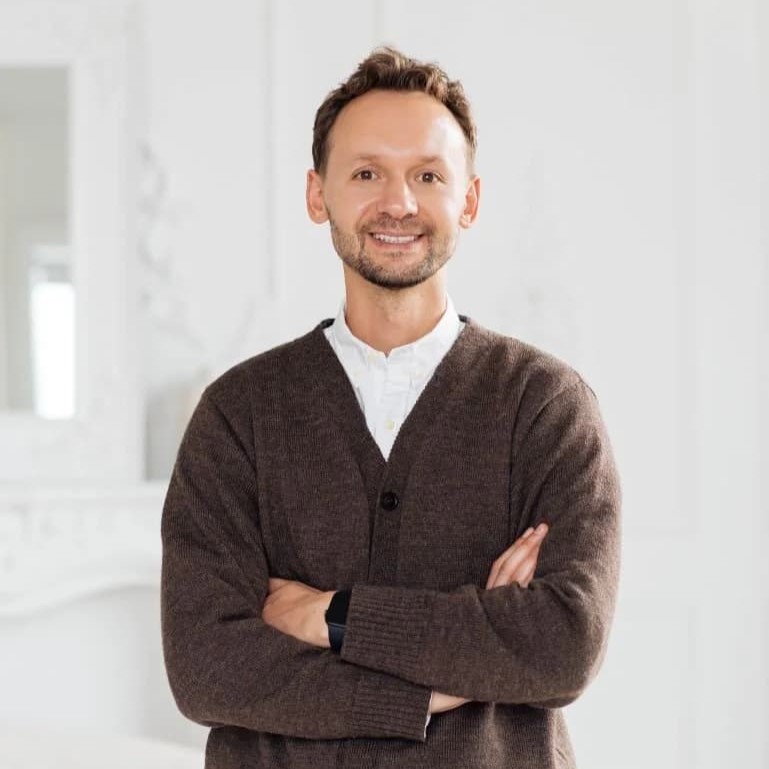
A few years ago, I saw a client who was in the middle of a divorce. She had built her entire identity around being strong, she was always the person who didn’t break down, who handled everything, who kept life moving no matter what.
And in one of our sessions she said: “People always tell me how strong I am, but I’m tired of being strong. I just want to be me.”
Her words stayed with me because I’ve heard versions of them from so many clients over the years. And if I’m honest, I’ve said something like that to myself, too.
Strength Or Softness?
When people come to therapy, they often believe resilience means holding themselves together at all costs. We want to be able to stay calm, never let emotions get the best of us, push forward no matter how depleted we feel.
And in the short term, that kind of “strength” can work. It gets you through emergencies. It helps you survive moments when falling apart feels too dangerous.
But over time, I’ve noticed something: the clients who truly heal and grow are not the ones who stay armored. They’re the ones who learn to soften.
Softness can be letting yourself cry instead of swallowing the lump in your throat. Or admitting you are scared or lonely instead of pretending you are fine and pushing through it. It is being able to say, “I need help,” even when you’ve spent your whole life being the person who helps others.
Why Softness Can Be So Hard
We are often taught to see vulnerability as weakness and composure as strength. We are told to “stay strong” in hard times, and we often get rewarded (and even admired) for shutting down what we feel.
But there is a hidden cost: toughness keeps things out. Yes, we can block pain, but by doing that we will also blocks comfort, connection, and joy. The longer we stay armored, the more we feel alone, even when surrounded by people who care about us.
Over time, that disconnection can make it harder to recover from life’s challenges. We stop bouncing back, and not because we’re broken, but because we have shut ourselves off from the very resources that make resilience possible.
A Few Counterintuitive Truths About Resilience
Working with clients and navigating my own challenges has taught me some things about resilience that I didn’t always expect:
- Armor is heavy. It can feel safe, but carrying it for too long is very hard. Sooner or later, it starts to constrain you while it protects you.
- Softness often takes more courage than toughness. Anyone can grit their teeth and push through. It takes real bravery to stay connected to your own feelings.
- Resilience grows in safety, not pressure. People don’t bounce back because they force themselves to be strong. They bounce back because they find spaces where it’s safe to be exactly as they are.
What Soft Resilience Looks Like in Real Life
Resilience often isn’t flashy but quiet and deeply personal. It allows us to feel what we feel, even if it’s sadness or hurt, move through it, and let others see us in it. My experience tells me that that’s what makes us able to keep going.
A Hopeful Reminder
If you are going through something that makes you feel raw or unstable, this doesn’t mean you are failing. It can actually mean you are getting stronger, by being really alive.
True resilience isn’t showing how tightly you can hold on to what protects you, it’s learning whether you can stay with yourself, tender and honest, in the moments when you most want to turn away. And if you can allow others to stay with you in such moments.
You don’t have to be unshakable to be strong. In fact, you might find that the more you allow yourself to soften, the more strength you actually have. If you’re moving through a major change, life transitions therapy can help you find strength in softness and support along the way.
About the Author

Arkadiy Volkov, RP, is a Registered Psychotherapist and founder of Feel Your Way Therapy in Toronto. He leads a diverse team of therapists offering compassionate, evidence-based care to individuals, couples, children, and families. With a focus on building emotional connection and resilience, Arkadiy’s practice supports clients from all walks of life through both in-person and virtual therapy, helping them navigate challenges and create more fulfilling relationships.

